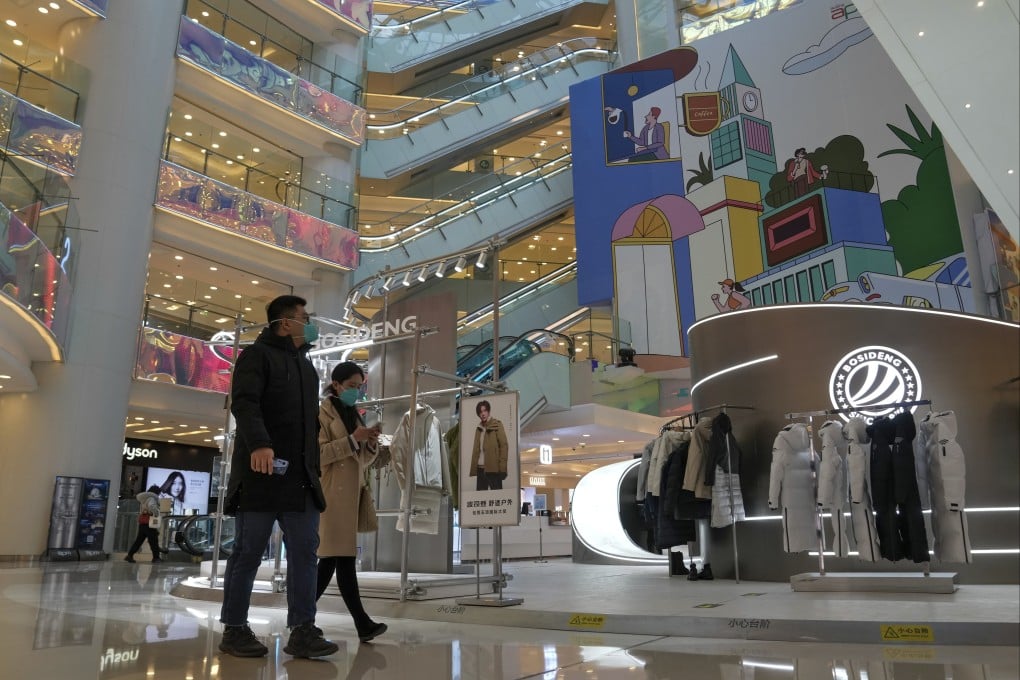‘Illicit’ local Covid controls fuelling backlash in China, says government legal adviser
- Peking University law professor Jiang Mingan criticises lower level authorities for taking action that generates public ‘resentment or even resistance’
- The central government has accelerated the easing of controls after rare protests across several major cities a couple of weeks ago

The comments by Jiang Mingan, a law professor at Peking University who advises the Standing Committee of the National People’s Congress, are a rare example of a government adviser accusing lower level governments of breaking the law when implementing zero-Covid policies.
“An important reason why some local preventive and control measures are resented or even resisted by the public is that they violate the provisions of laws and regulations on the conditions, subjects, authority and implementation procedures for taking corresponding Covid preventive and control measures,” Jiang wrote in an article published on WeChat December 2.
For the past three years, China has been using mass testing, lockdowns and closures of public areas to contain the virus despite the growing anger and frustration at the impact of prolonged controls.
